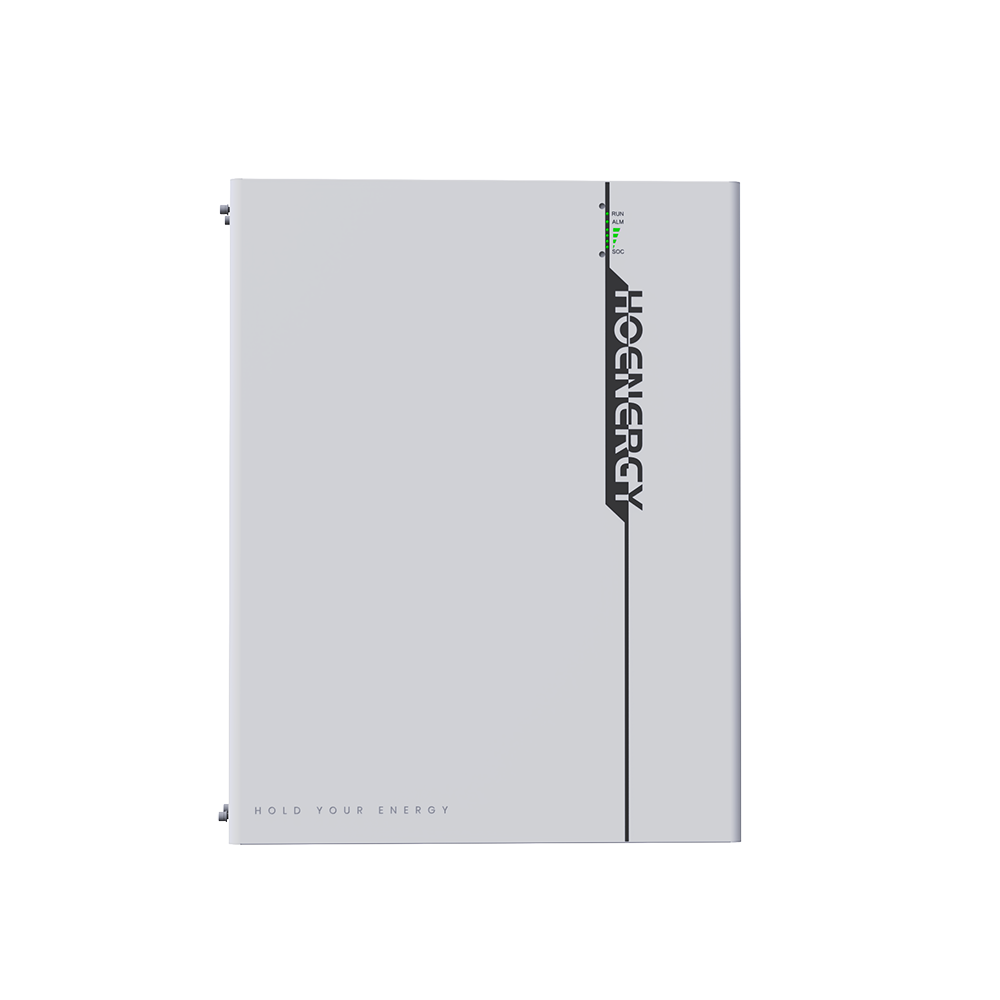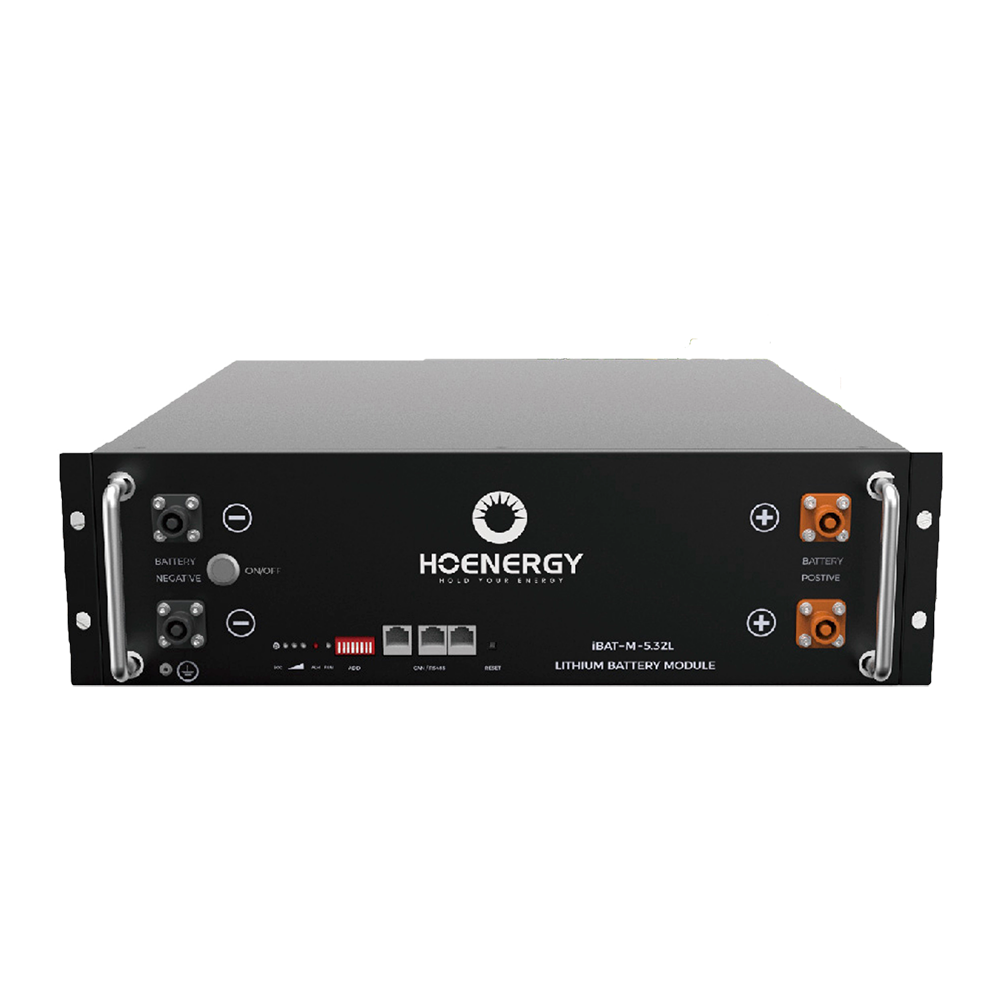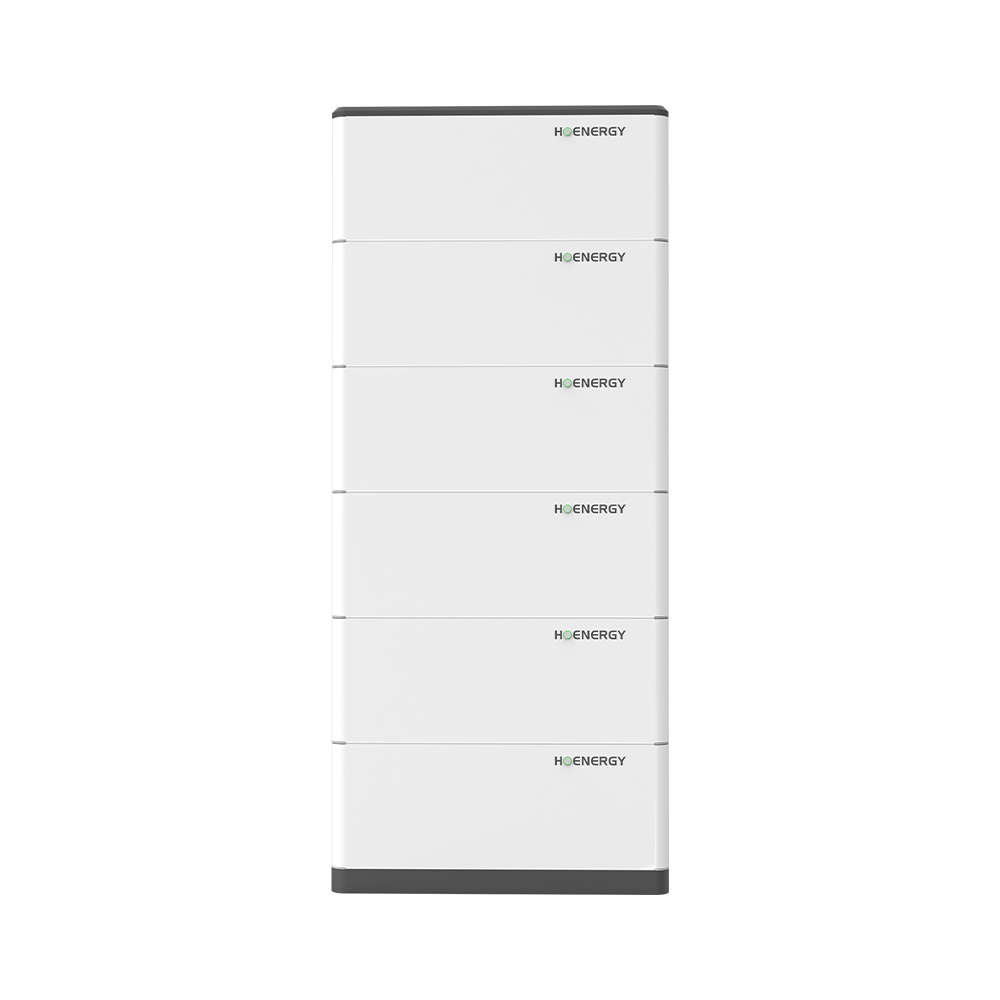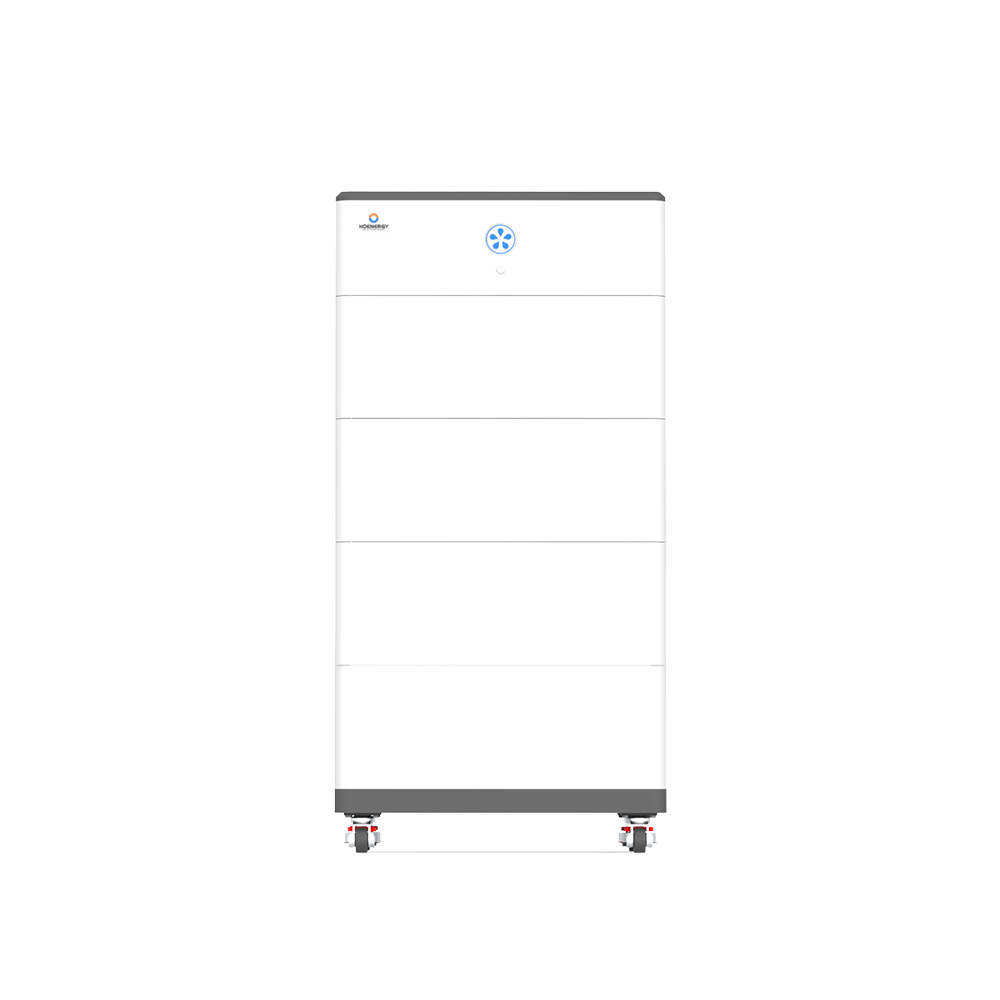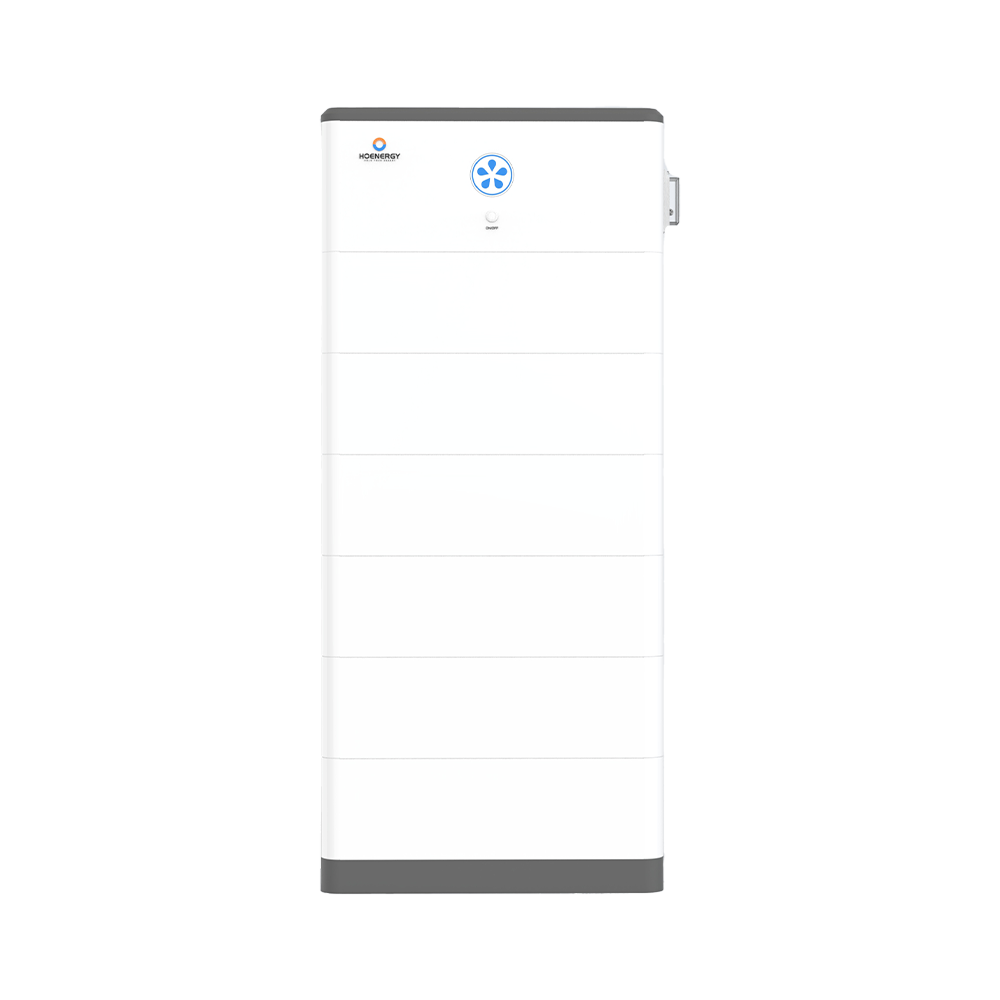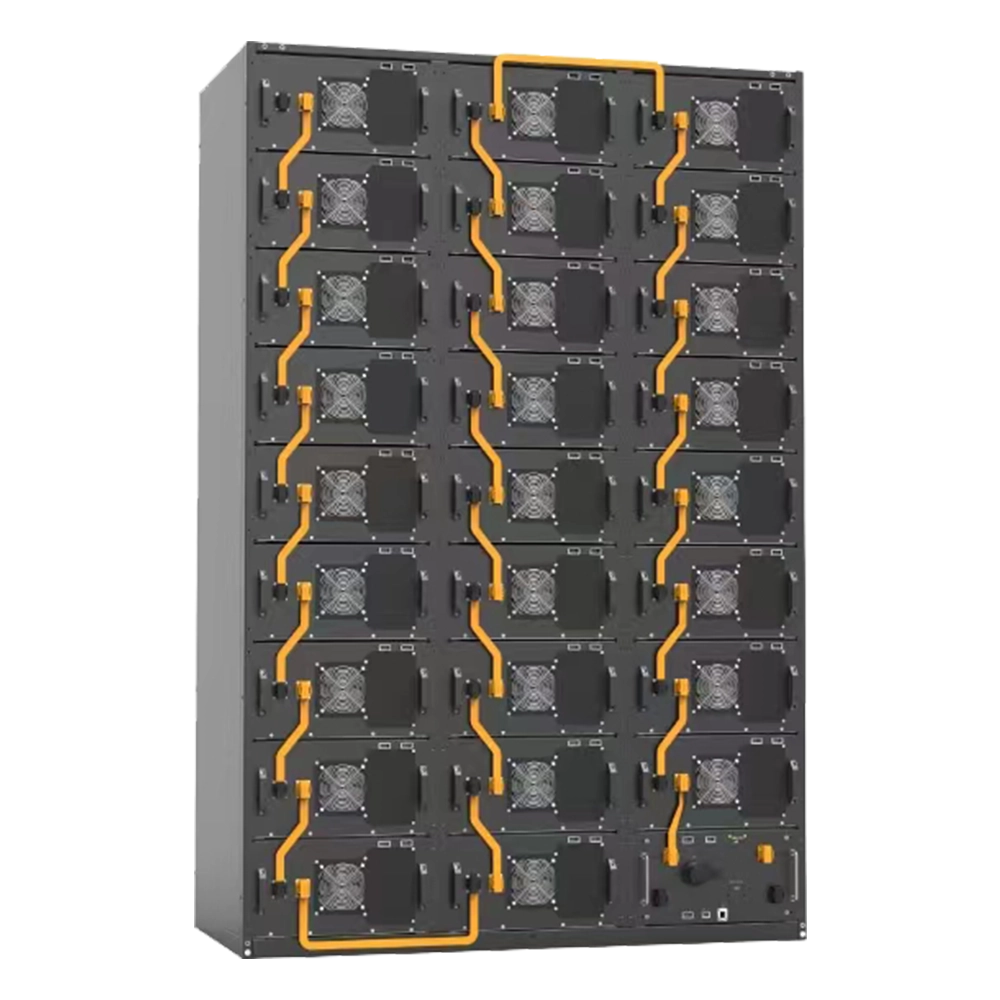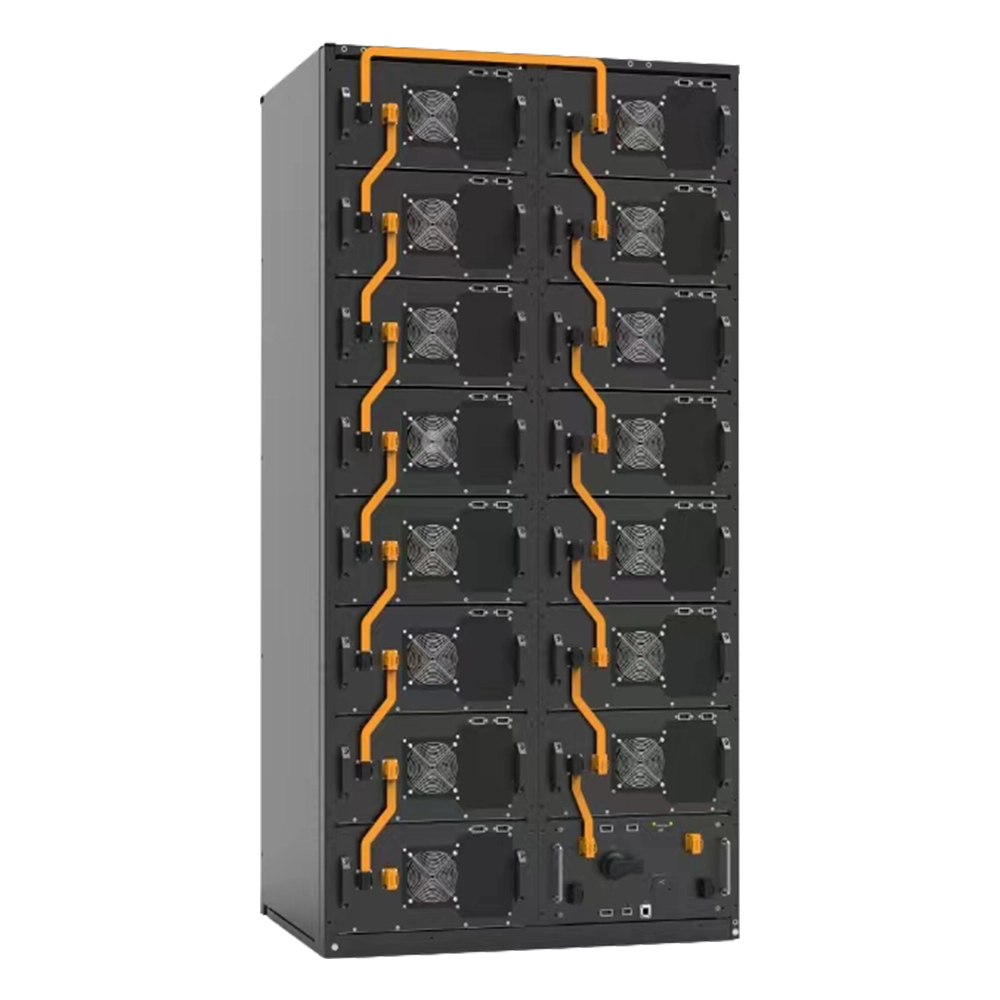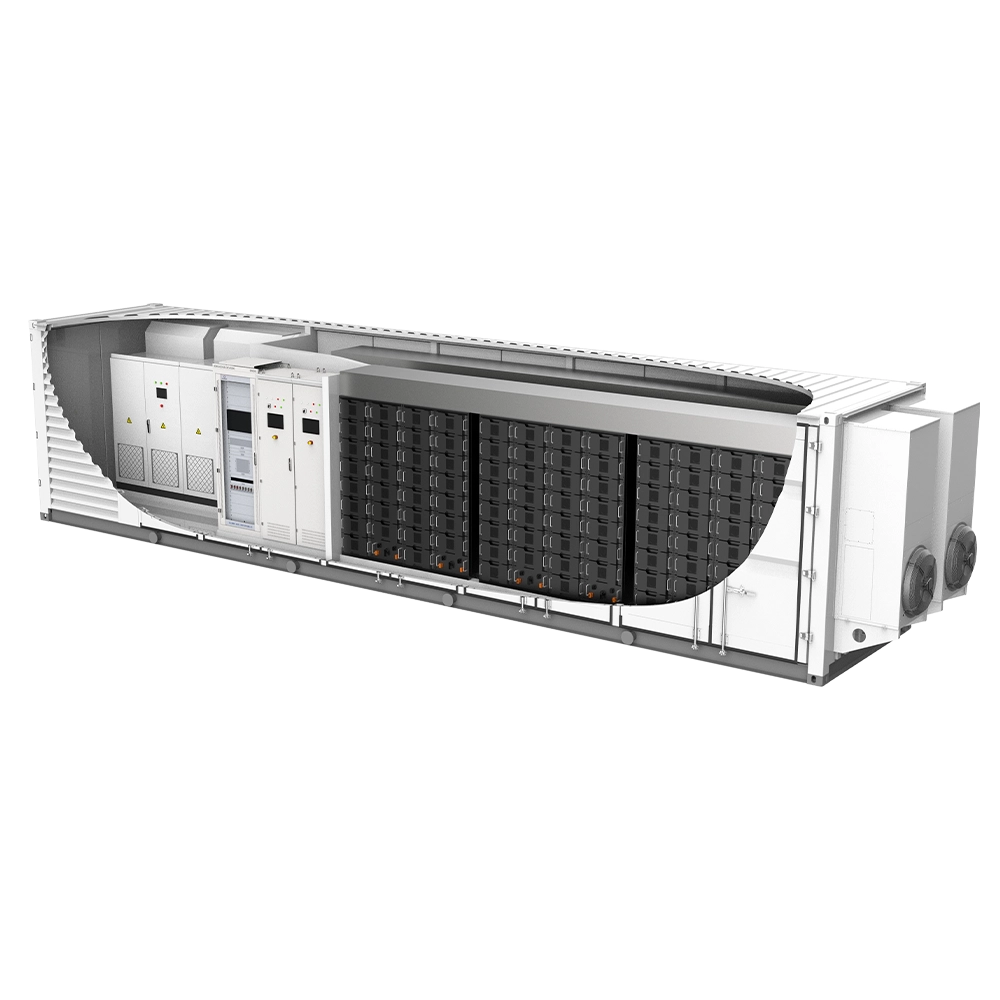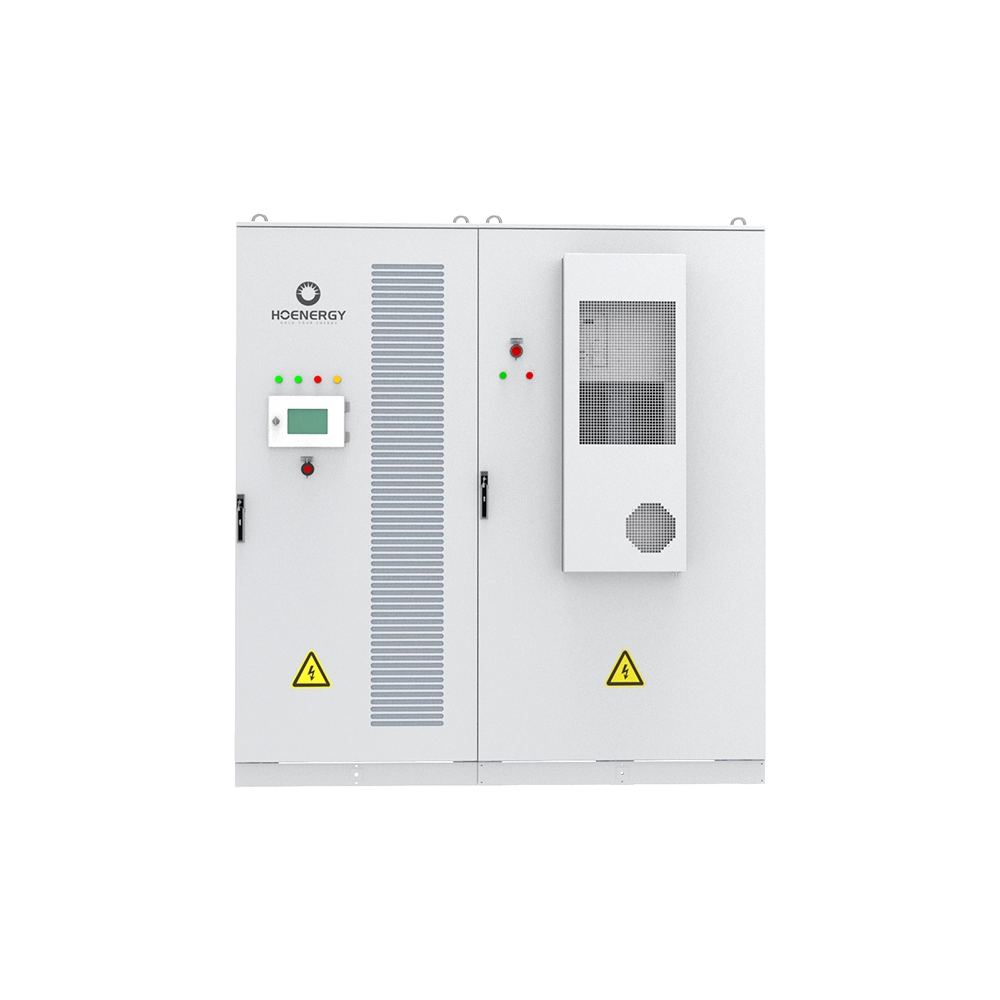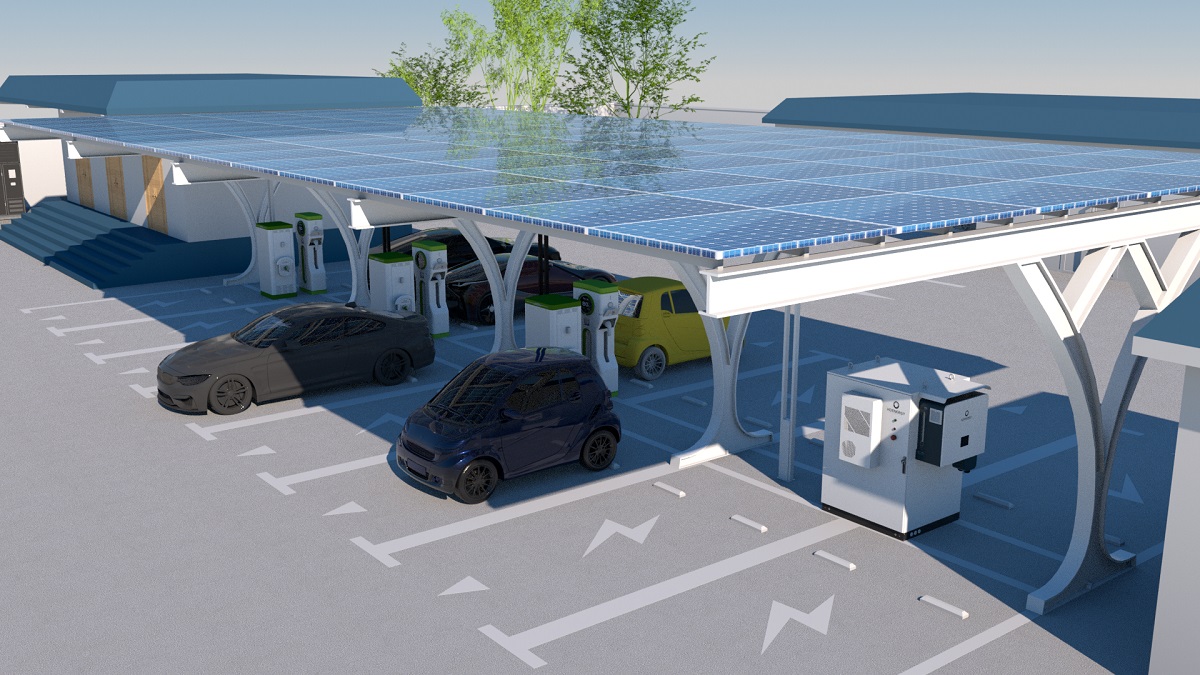Introduction
A cutting edge technology found in renewable energy systems, particularly home solar power installations, are single-phase hybrid inverterse hybrid inverters. Managing power flows, integrating different energy sources, and guaranteeing effective use of produced energy depend heavily on them.

Knowing Single-Phase Hybrid Inverters
Solar panels and other renewable energy sources produce direct current (DC) electricity, which single-phase hybrid inverters are made to transform into alternating current (AC) electricity suitable for use by home appliances. Hybrid inverters are more flexible than conventional inverters in that they can handle grid power, solar panels, and battery storage at the same time. Their special capacity to “mix” various power sources gives them flexibility to satisfy contemporary energy demands.
Basic Elements of Single-Phase Hybrid Inverters
Inverter DC-AC
Converts DC electricity from batteries and solar panels to AC electricity for homes.Makes use of power electronics to convert efficiently; usually, high-frequency switching is used to reduce losses.
Charges and discharges batteries under management.Technology,Entails algorithms to maximise battery life and health, guaranteeing safe and effective battery use.Maximum Power Point Tracking, or MPPT for short, constantly modifies the electrical operating point to guarantee solar panels run at their highest efficiency.
Technology,Tracks the ideal power point under changing conditions using sophisticated algorithms.
Connection and synchronization with the grid are made easier by the grid interface function.Technology guarantees a seamless integration, enabling power to be drawn when needed and extra energy to be returned to the grid.
Evaluating and Communicating Organizations
Enables energy and system performance monitoring by users.Technology,Offers real-time data and analytics through interfaces for remote monitoring via an app or web portal.
Single-Phase Hybrid Inverters’ Advantages
Energy Savings
By balancing inputs from solar panels, batteries, and the grid, hybrid inverters maximize the use of available energy.Advantages is Lower electricity bills and better use of resources follow from reducing energy waste and raising overall system efficiency.
Energy Independence Description,Homes can store extra solar power for later use by integrating battery storage into hybrid inverters.
Benefits,Offers some energy independence, lessening dependence on the grid and improving energy security in the event of blackouts.
Cost Savings Description,There are substantial cost savings possible with effective energy management and solar energy storage and usage.Benefits,Lower electricity bills and optimize solar energy system returns on investment.
Promote the use of renewable energy and lessen carbon footprint is the description of the environmental impact.Benefits,Lessen your dependency on fossil fuels and greenhouse gas emissions, so promoting environmental sustainability.
Smart Energy Management: Capable of advanced monitoring and control, smart energy management is made possible.Benefits,Better decision-making is facilitated by thorough insights into energy consumption and system performance that improve user experience.
Single-Phase Hybrid Inverters’ Applications
Residential Solar Power Systems Goal,Usually used to control the production, storage, and use of solar power at home.Lowers energy bills, improves sustainability, and offers homes dependable and economical energy alternatives.
Small Business Buildings
Designed for small companies and commercial establishments that need effective energy management.Lowers energy costs and lessens environmental effect for companies.Off-Grid Systems’ main use is in isolated locations without or with unstable grid access.Effect:Gives isolated places sustainable energy options that guarantee a steady supply of electricity.
Goal of backup power systems: Provides a dependable source of backup power during grid failures.Increases resilience and safety by making sure vital systems keep running during power outages.
Power Ratings and Capacity Description: A few kilowatts to several kilowatts are the usual range of power ratings offered for hybrid inverters.Considerations,Ensuring best performance and satisfying a home’s energy demands depend on selecting the right power rating.
Compatible with various battery types, including lead-acid, lithium-ion, and the more recent solid-state batteries.Factors to be taken into Effective energy storage and use depend on a hybrid inverter being compatible with the chosen battery kind. Usually stated as a percentage, an inverter’s efficiency shows how effectively it converts and controls energy.Better performance and less energy losses are indicated by higher efficiency ratings.
Installation and upkeep
The lifespan and dependability of the system are mostly dependent on correct installation and routine maintenance.
A professional installation and routine maintenance inspection are advised to guarantee secure and efficient operation.
Future Trends in Hybrid Inverter Technology
Integration with Smart Grid Trend,Increased integration with smart grids for better energy management and grid stability. Impact: Improve overall efficiency and reliability of energy systems, enabling more dynamic and responsive energy distribution.
Advanced Energy Storage Solutions Trend: Development of new battery such as solid-state batteries and improved lithium-ion variants.Improve overall efficiency of hybrid inverters by providing better performance, longer life, and enhanced safety.
Learning Machine Intelligence
Use machine learning and artificial intelligence to improve energy management and predictive analytics.Optimise energy use, enable more precise forecasting, and improve user experience with proactive maintenance.
Policy and Regulatory Support
Strengthen regulatory support and incentives for renewable energy adoption. Encourage deployment of hybrid inverters and solar power systems, accelerating the transition to sustainable energy solutions.

Hoenergy say
Single-phase hybrid inverters represent a significant advancement in renewable energy technology, providing an efficient and versatile solution for managing multiple energy sources. Capable of integrating solar, battery storage, and grid power, they are ideal for residential and small commercial applications. As technology continues to advance and awareness of the benefits of renewable energy grows, hybrid inverters are expected to play a key role in the transition to a sustainable energy future.

